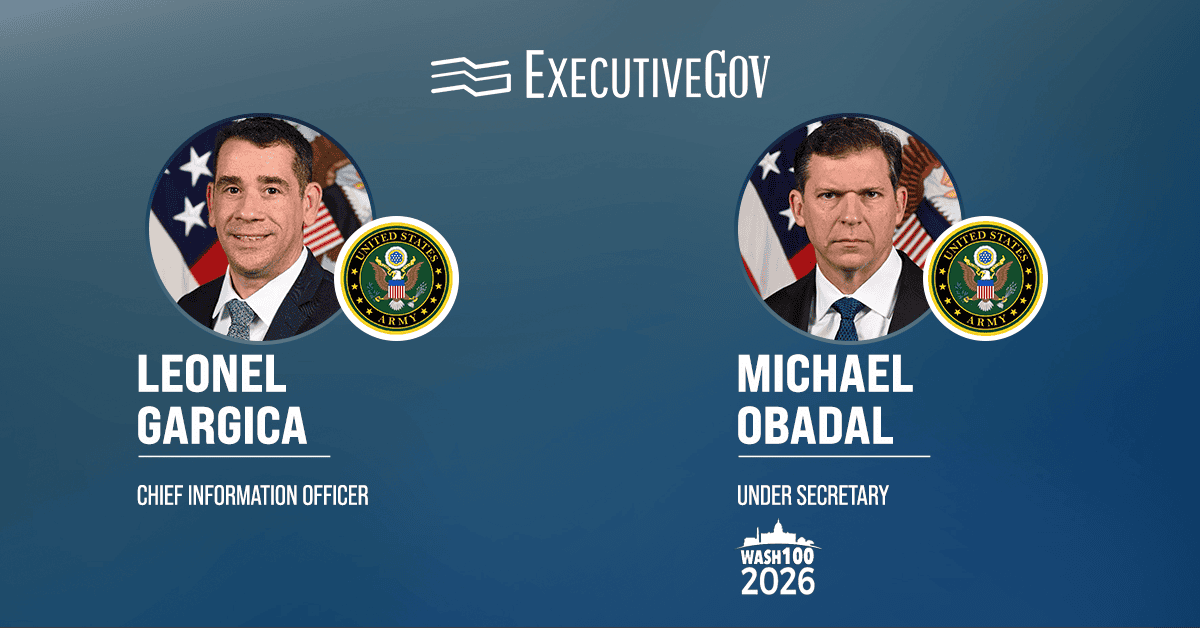President Biden plans to allow the National Space Council (NSC) and its User Advisory Group (UAG) to continue operations following its revival under the Trump administration in 2017, Politico reported Monday.
The NSC was headed by Mike Pence, the former U.S. vice president, and included the heads of NASA, the Office of Management and Budget (OMB), the State Department and the departments of Defense (DOD) and Commerce (DOC).
NSC told reporters that it is “still working details” and will prioritize the current administration’s goals in areas such as space exploration, climate change, space regulations and related national security initiatives.
The council’s renewal comes after interdisciplinary organizations wrote to the White House seeking to retain NSC and the UAG.





